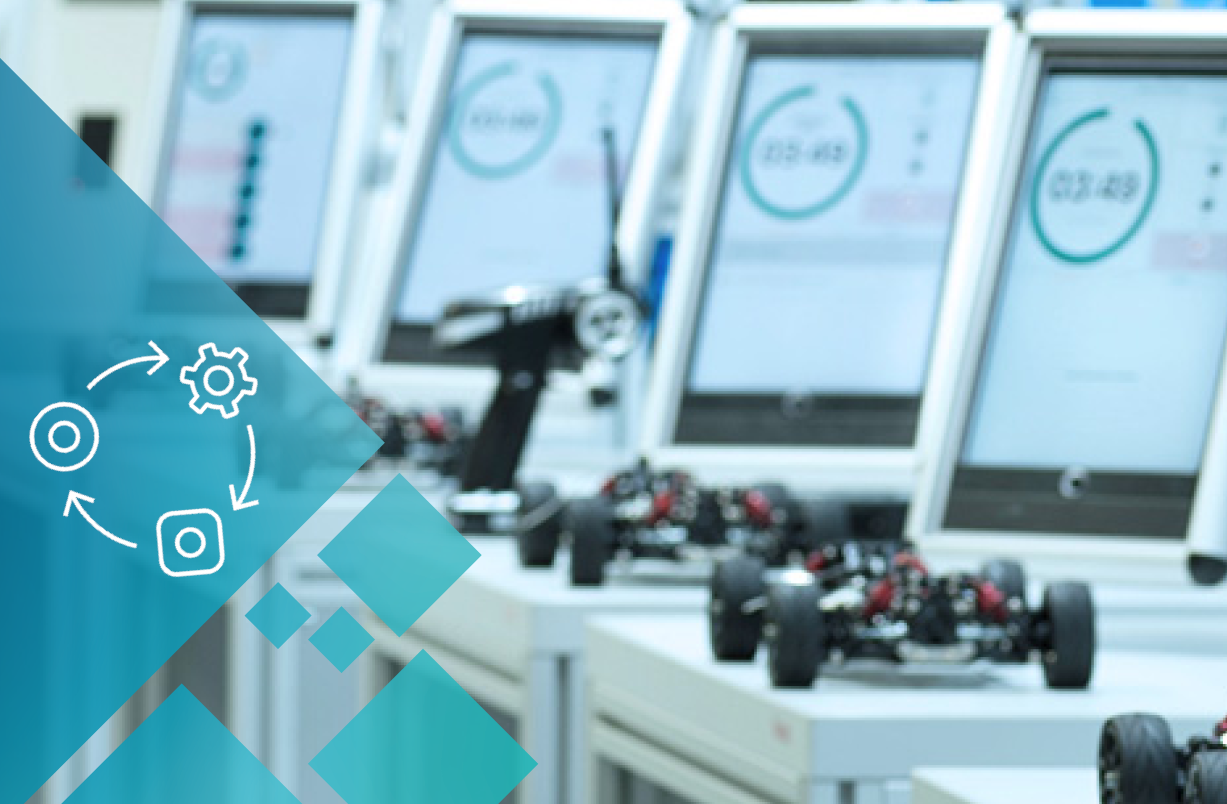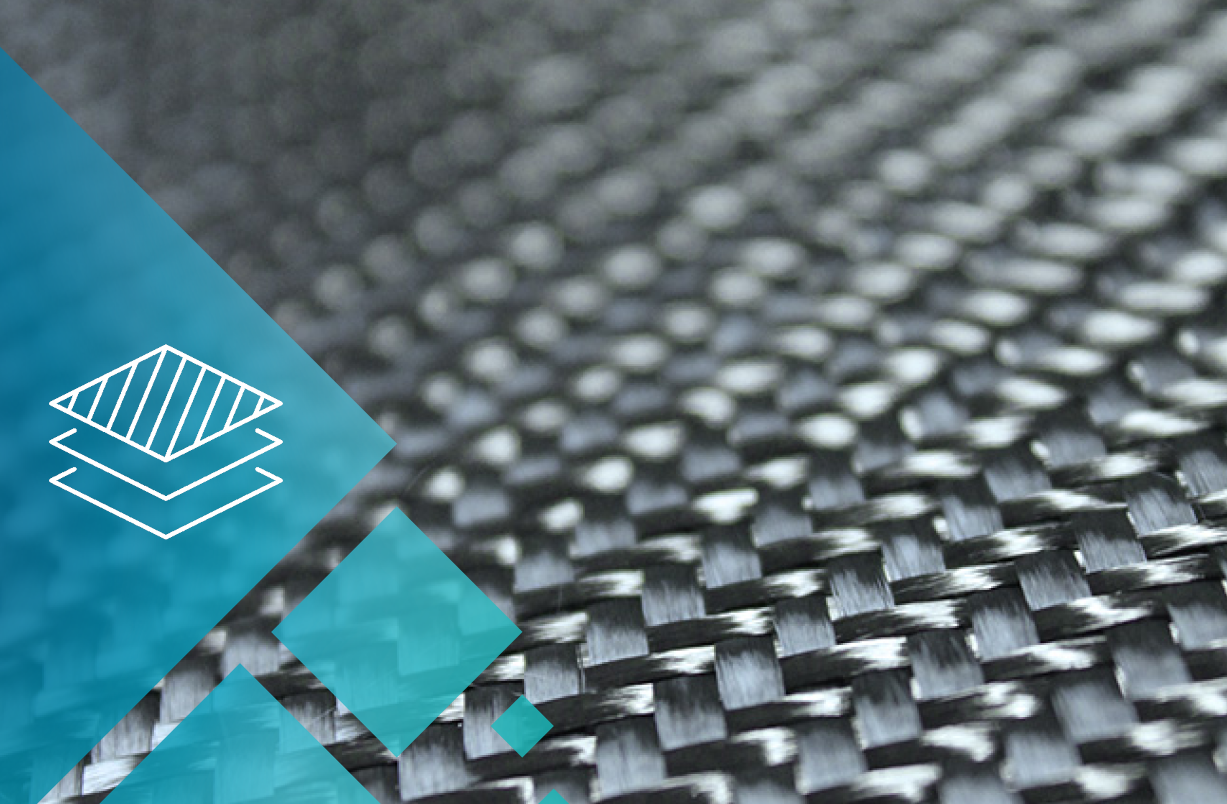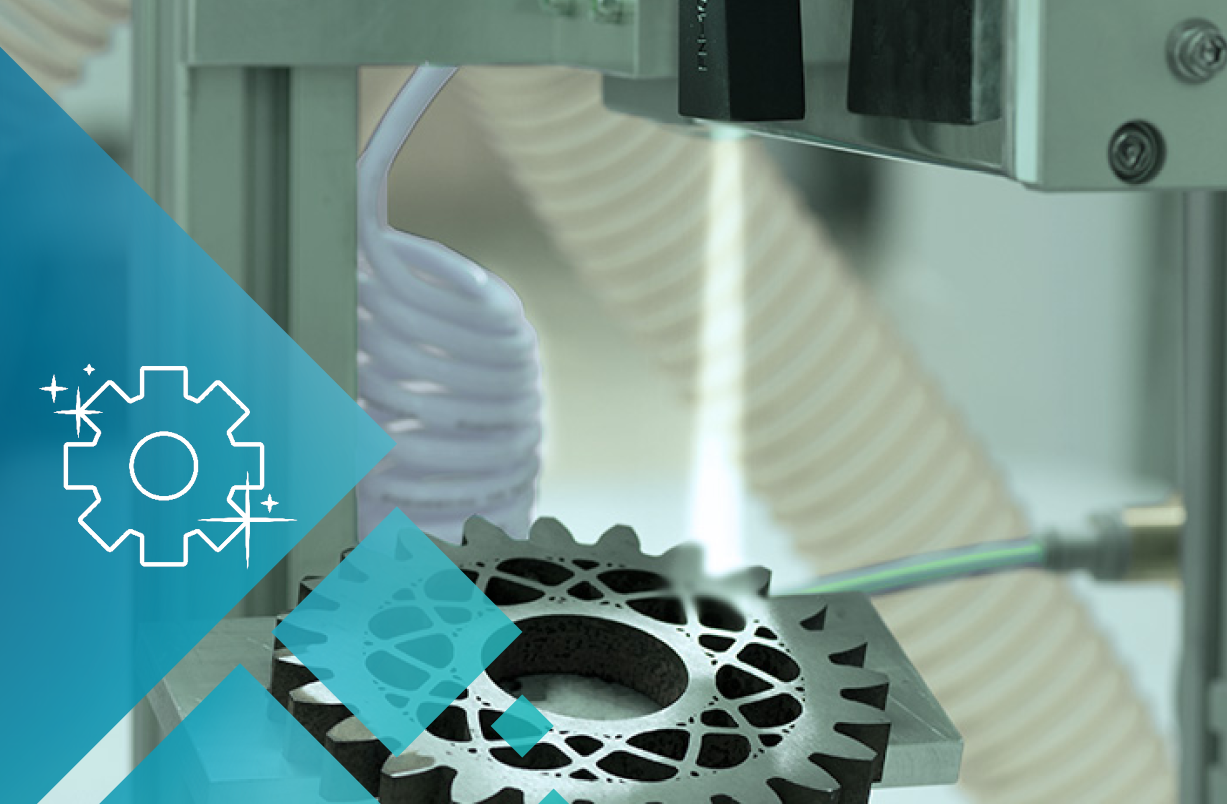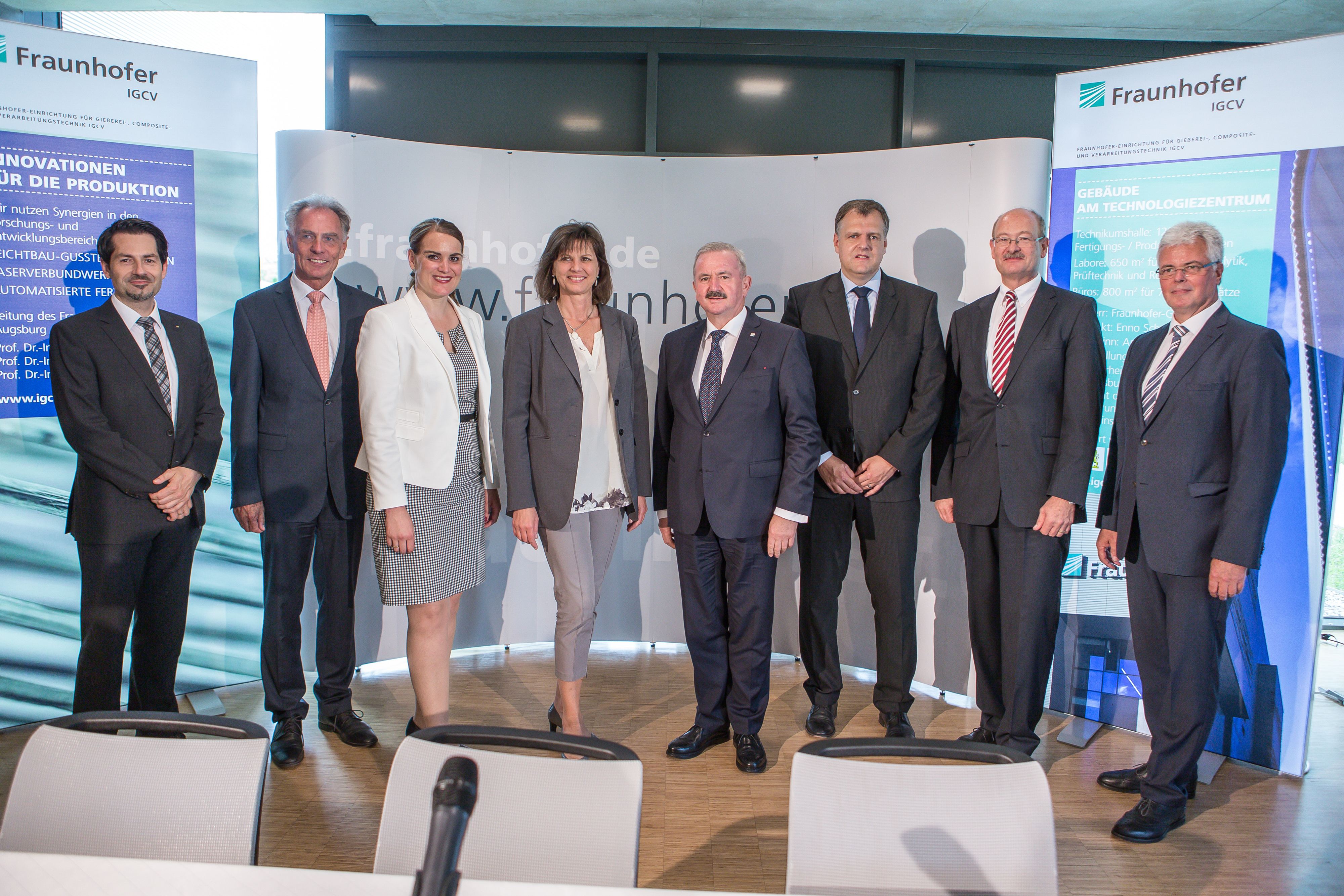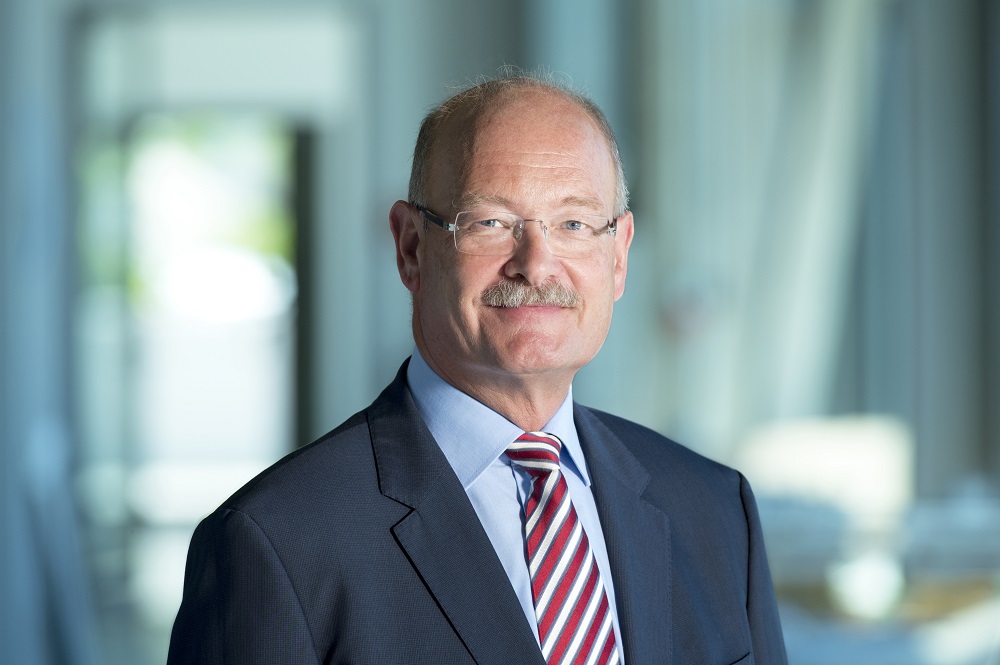Fraunhofer IGCV is a leading research institution focused on advancing manufacturing technologies. The institute specializes in the fields of casting, composite, and processing technology, aiming to develop innovative solutions for industrial applications. In an effort to transfer knowledge from research and development into industrial applications, our almost 160 employees at our locations in Augsburg and Munich/Garching generate individual solutions for our industry and research partners. We collaborate with partners in Germany and around the world to optimize production processes, enhance material properties, and promote sustainable manufacturing practices. We aim to drive technological progress and ensure competitive advantages for the manufacturing sector through cutting-edge research and development.

Privacy warning
With the click on the play button an external video from www.youtube.com is loaded and started. Your data is possible transferred and stored to third party. Do not start the video if you disagree. Find more about the youtube privacy statement under the following link: https://policies.google.com/privacyImageclip: Introducing Fraunhofer IGCV

